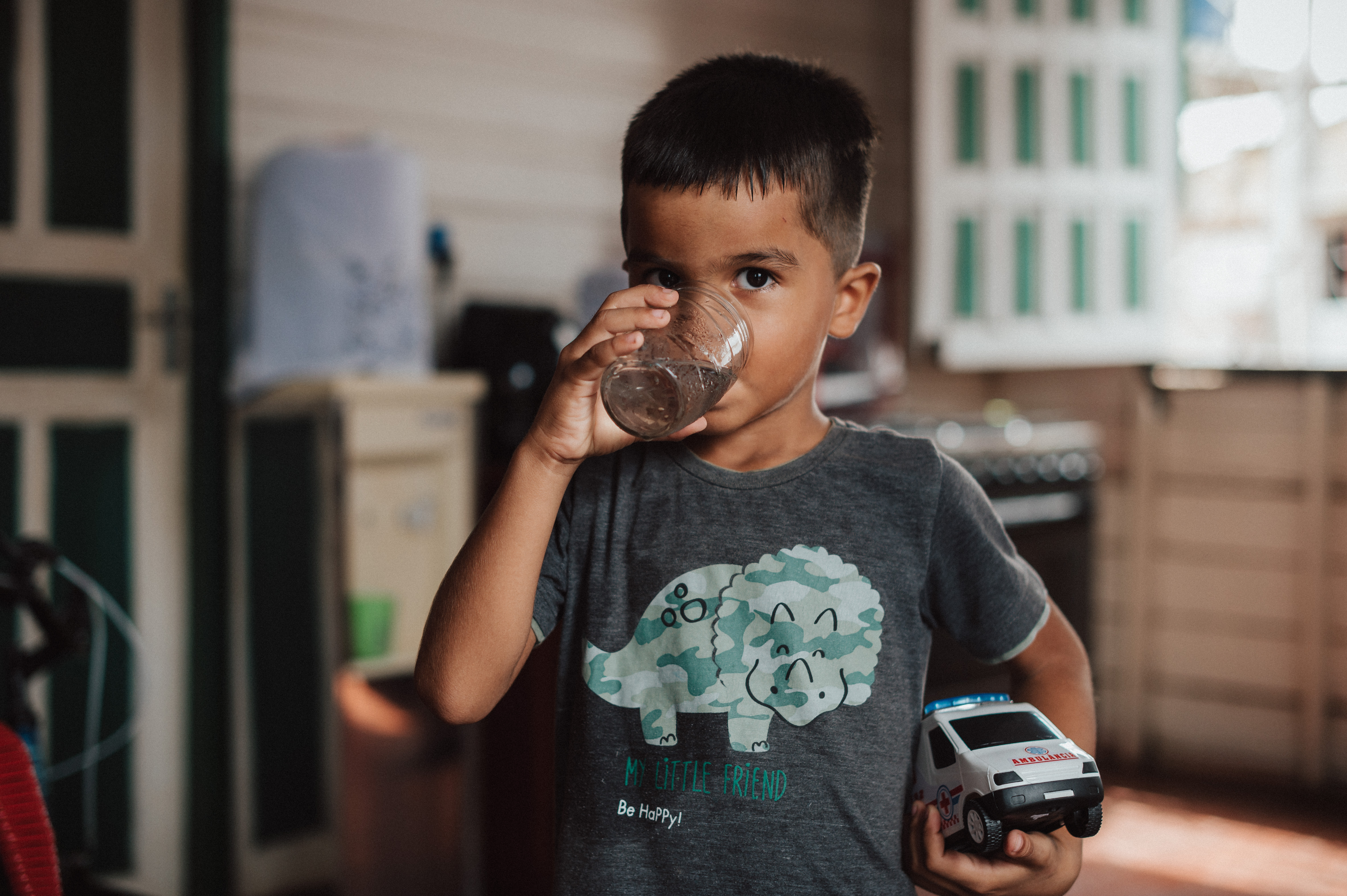

Description
The Water Sector Development Program – INTERÁGUAS was created to improve coordination and integration in the water sector, enhancing institutional capacity and planning. It aims to sustain successful sectoral programs like the Sanitation Sector Modernization Program (PMSS, acronym in Portuguese) and the Brazilian Water Resources Development Program (PROÁGUA ,acronym in Portuguese), while also strengthening intersectoral initiatives to increase water use efficiency and related services.
The scope of the program was national, with a greater focus on priority areas and themes, with special attention to regions of greater vulnerability and water scarcity to contribute to the reduction of regional inequalities. In this sense, we sought to develop more actions aimed at the Northeast region and less developed areas of the North and Midwest regions, where government action is relatively more necessary.
It was considered as a priority to have a more concentrated and integrated action in the São Francisco and Araguaia-Tocantins River Basins.
Project Objectives:
I - increase efficiency in water use and service provision;
II - increase the sustainable supply of water in quantity and quality suitable for multiple uses; and
III - improve the application of public resources in the water sector by reducing diseconomies caused by deficiencies in intersectoral integration and coordination
Achieved results:
In the context of water and sanitation, the program subsidized the diagnosis of data related to sewage and water supply in all municipalities of the country. This information is fundamental to support the guidelines to reflect on the solutions and investment needs for universalization of these services.
Projects:
•More Water 2: aimed at transferring technology and knowledge on the theme of reducing losses and improving energy efficiency in water supply systems.
•Reuse: aimed to provide subsidies so that the Federal Government can institute reuse as a state policy.
•Getting it right: carried out in partnership with the Brazilian Association of Regulatory Agencies – ABAR (acronym in Portuguese), the project aims to certify information from the National Sanitation Information System - SNIS (acronym in Portuguese), aiming to increase efficiency in the management of basic sanitation services. To this end, the "Guide for Auditing and Certification of Information provided by sanitation service providers to SNIS" and the "Manual of best practices in sanitation information management" were developed, aimed at providers.
•RegulaSan: in the Project, national studies were carried out on topics relevant to the sector, such as regulatory accounting and financing alternatives and subsidies to low-income populations, with wide dissemination of results through publications, seminars, local and national courses (in-person and distance).
Criteria 10/11
- ACCESSIBILITY
- ALIGNMENT WITH SDG 1,3,4,6 AND/OR 11
- RACE AND GENDER ISSUES
- ATTENTION TO CHILDREN AND ADOLESCENTS
- LOW COST
- SOCIAL DIFFUSION
- ADMINISTRATIVE EFFICIENCY
- ADHERENCE AND CONTINUITY AT LOCAL LEVEL
- WASH INITIATIVE
- CLIMATE RESILIENCE
- SUSTAINABILITY
Interáguas is the result of international cooperation between the Brazilian Government and the World Bank, which had the role of financing the project to subsidize technicians and studies to promote and strengthen the intersectorality of entities acting in the governance of Brazilian water resources.
Three ministries were directly involved at the time the program was established, with responsibilities in the formulation and execution of sectoral policies:
• Ministry of the Environment, through the Secretariat of Water Resources and Urban Environment - SRHU;
• Ministry of Cities, through the Brazilian Secretariat of Environmental Sanitation - SNSA (acronym in Portuguese); and the Brazilian Water and Sanitation Agency - ANA (acronym in Portuguese);
• Ministry of National Integration (MDR, acronym in Portuguese), through the Secretariat of Water Infrastructure - SiH (acronym in Portuguese), the Brazilian Secretariat of Civil Defense - SEDEC (acronym in Portuguese) and the Brazilian Secretariat of Irrigation - SENIR (acronym in Portuguese).
Depending on the actions to be supported by the Program, the Ministry of Mines and Energy; the Ministry of Transport; the Ministry of Agriculture, Livestock and Supply; the Ministry of Agrarian Development; and the Ministry of Health / Funasa may be involved in specific cases.
Federal managers, state managers, municipal managers working in the basic sanitation and water security sector.
National
2012 to 2018
As this is an international cooperation project with the World Bank, high investments were made to develop intersectoral coordination capacities so that they could be strengthened. However, studies and reports have analyzed that the intersectoral aspect of the sanitation sector itself causes difficulties and obstacles to the development of activities within the scope of the Program. “In other words, despite the Brazilian government contracting several loans to improve management efficiency, problems persist, hindering the implementation of new programs." (BIANCHINI, 2019).
Institutional arrangement of the Program:
• Program Management Committee - CGP (acronym in Portuguese): the Program's highest decision-making body, with the aim of proposing, discussing and approving policies and actions for the efficient execution of Interáguas.
• Water Sector Development Program Management Units –
Interáguas - Units were established in each federal entity involved in the Program: ANA, MMA, Mcid, MI.
• Technical Secretariat of the Program: responsabilities included activities such as consolidation of financial reports, Client Connection records, review and control of disbursements and withdrawal requests, preparation of consolidated Program monitoring reports and support for the audit work carried out by the Brazilian Office of the Comptroller General (CGU).
•Subnational co-executors: participation of subnational co-executors (states and municipalities) who are partnerships at the technical level for the production of the main consulting products that were carried out under the Program.
• World Bank: specialists in two areas: i) programs aimed at investments in water resources management and ii) various actions in the water sector.
The contracting of consulting services was carried out directly by ANA and the MMA and indirectly by MDR.
The annual management reports of the National Secretariat for Environmental Sanitation (SNSA, acronym in Portuguese) presented, among other information, the activities and projects that were developed under the Program.
After the program ended in 2019, the team, in partnership with the Inter-American Institute for Cooperation on Agriculture (IICA) and under contract from the Ministry of Cities, hired a consultancy to prepare the Final Technical Report for the Ex-Post Evaluation of the Program.
International Cooperation: About US$ 26 million was disbursed over the six years of the Brazilian Government's contract with the World Bank.
Financing Amount:
• Projected Project Amount US$ 143,110,000.00
• Project Disbursement Amount US $26,811,377.00
Link to Ex-Post Program Evaluation Final Technical Report: https://portal.tcu.gov.br/lumis/portal/file/fileDownload.jsp?fileId=8A81881E78EC66CF0179482BCF390327
Ordinance No. 170, of April 19, 2012, which "Creates, within the scope of the National Secretariat of Environmental Sanitation - SNSA (acronym in Portuguese), the Management Unit of the Water Sector Development Program - INTERÁGUAS - UGP/SNSA/INTERÁGUAS".
Comptroller General of the Federal Government: It is incumbent to inform that the CGU audited the project evaluating it as of Low Physical and Financial Execution. According to the CGU report "Through the Final Technical Report, the effectiveness of the Program was also evaluated, from which it is extracted that Interáguas carried out, in physical and financial terms, much less than expected, drawing attention to the fact that the results matrix was not able to capture the discrepancy between the amount spent and the results achieved. It was inferred that this may suggest some activities planned for acquisition, which were not carried out as outlined in the approved acquisition plans, did not align directly with the Program's intended results. It is considered that the relevance in number of actions and resources not executed demonstrates the need to strengthen the overall planning process of the operation and change management of the investment plan."